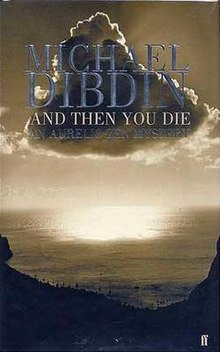I'm snowed under, so if you can just book that room for me. Thanks!My colleague/friend/fellow twitterlinguist Damien Hall (@EvrydayLg) says that this has an implied 'that'd be good' after the if-clause. I think he's right about this, and the full form would be this:
If you can just book that room for me, that'd be good.The if-clause is a conditional, and conditionals have to be subordinate to a main clause. So technically, this is a fragment: it's a subordinate clause set adrift, with no main clause to modify the meaning of. But we see it a lot. I do it myself, because it's a very convenient way of making a request in writing.
Written requests have become a problem, if they are from one person to another on the same level. You have to be polite and grateful, and one by one, our ways of doing it have become too abrupt. A plain request would be Please book that room for me. This is way too imperative, so we have questions. Can you book that room for me? is not technically a request: it's a question, and the askee could say I'm sorry, I'm not able to without having to say I won't. But then we feel we need to add please, and then could seems to sound more polite, and we get Could you please book that room, and then we add hedges like just as in the first example... and so on. Eventually you sit at your computer rephrasing it over and over but it all sounds like you're ordering the person around. Right now, to me, this 'unfinished conditional' construction seems to be non-imperative. It's a simple statement of fact: I'm not asking you to do anything, but if you were to happen to do it anyway, that'd be grand.
But here's why I love it most of all: it looks just like the way you ask a question in some other languages. We aren't really using it to ask a question in English: conditional-if is different from question-if, and they just happen to have the same form. But if it was question-if, look at this question in Polish (source):
Czy Basia ma kota?Here, the same word czy that is used for if in an embedded question (as in English I wonder if Basia has a cat) is used for a main clause question and it looks really like the English unfinished conditionals.
'Does Basia have a cat?' (literally: 'If Basia has (a) cat')
We said that the English one is a conditional, not a question, and I think this is right. But imagine that it was a question: If you can book that room for me means Can you book that room for me? and we have what is apparently exactly the same syntax as Polish. (I'm not claiming it is the same - just noting the parallel.)

